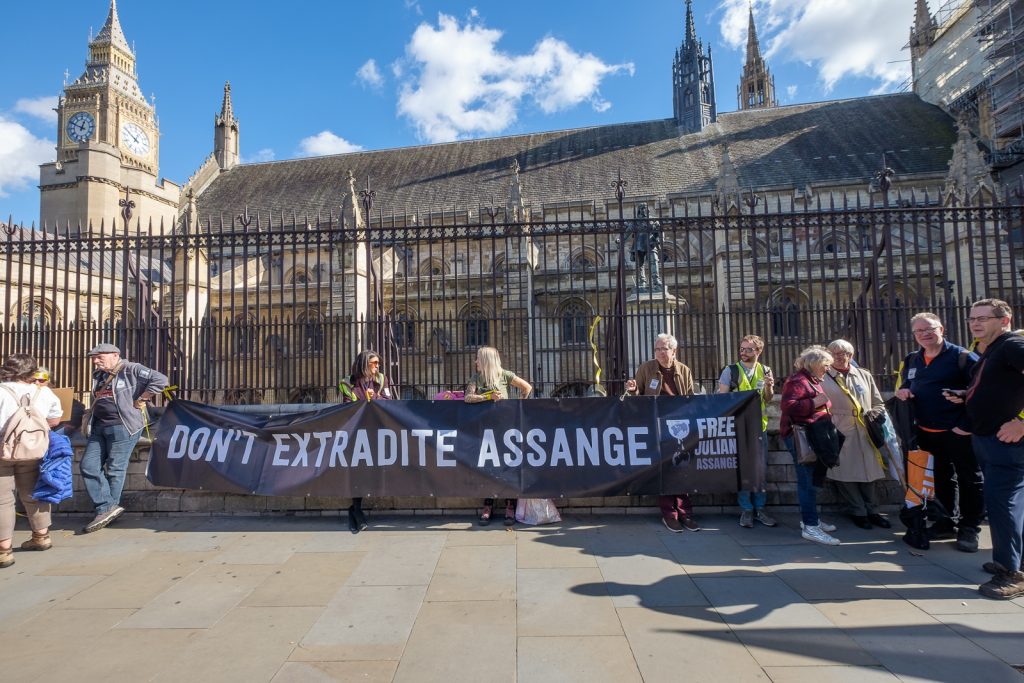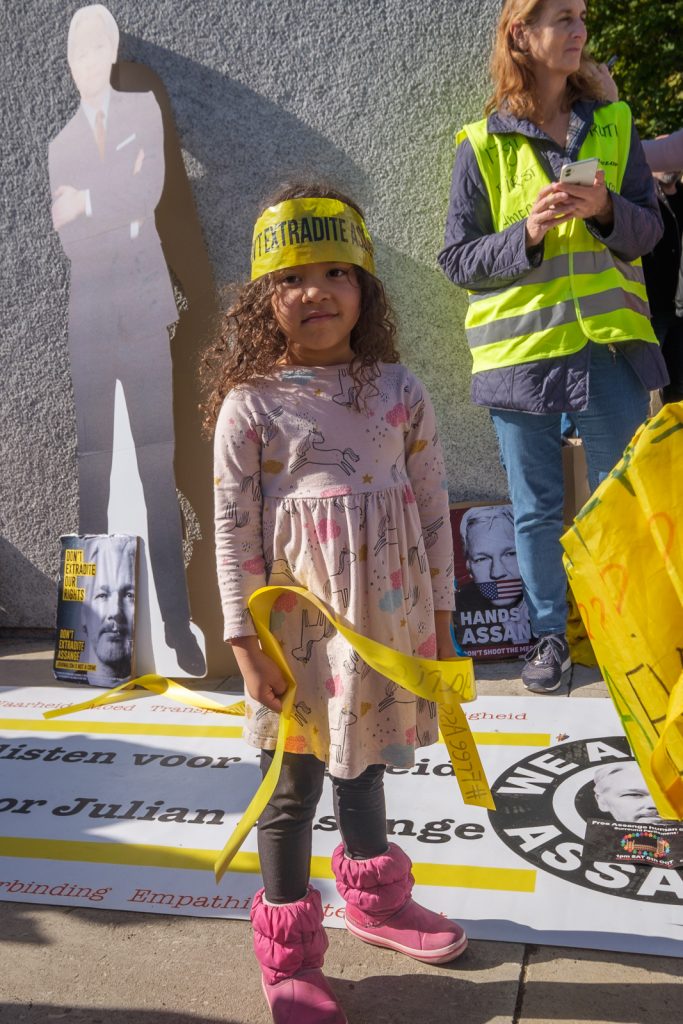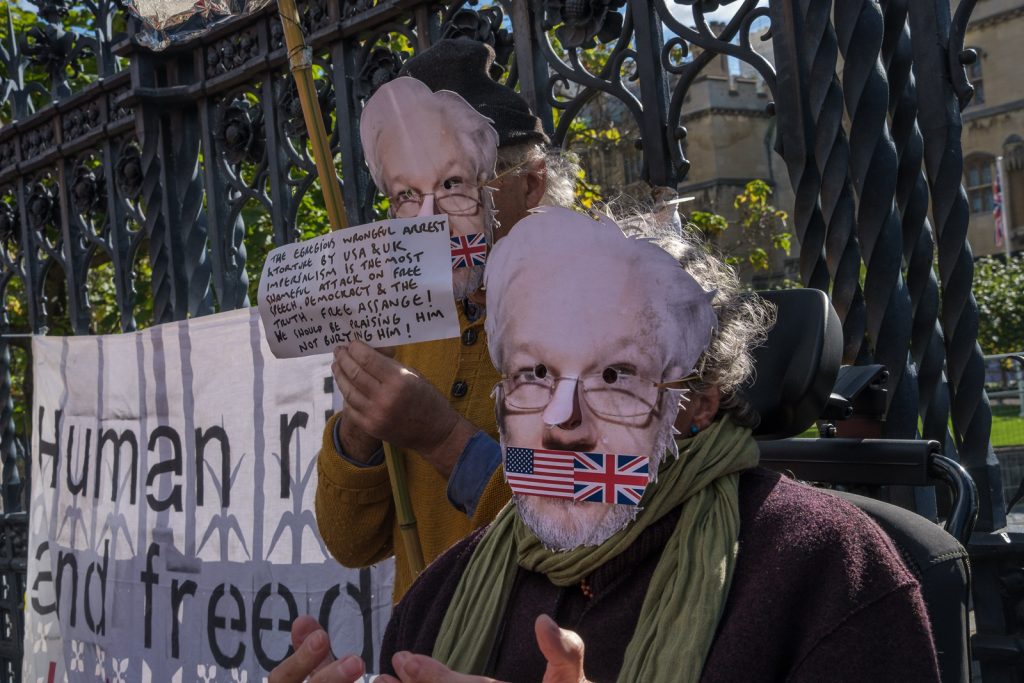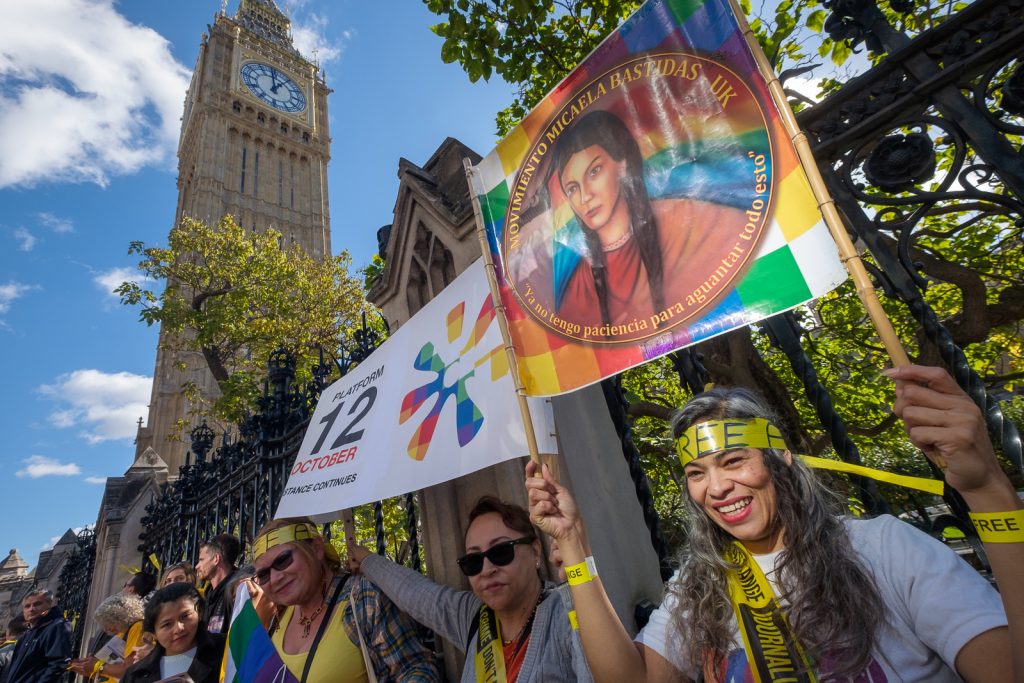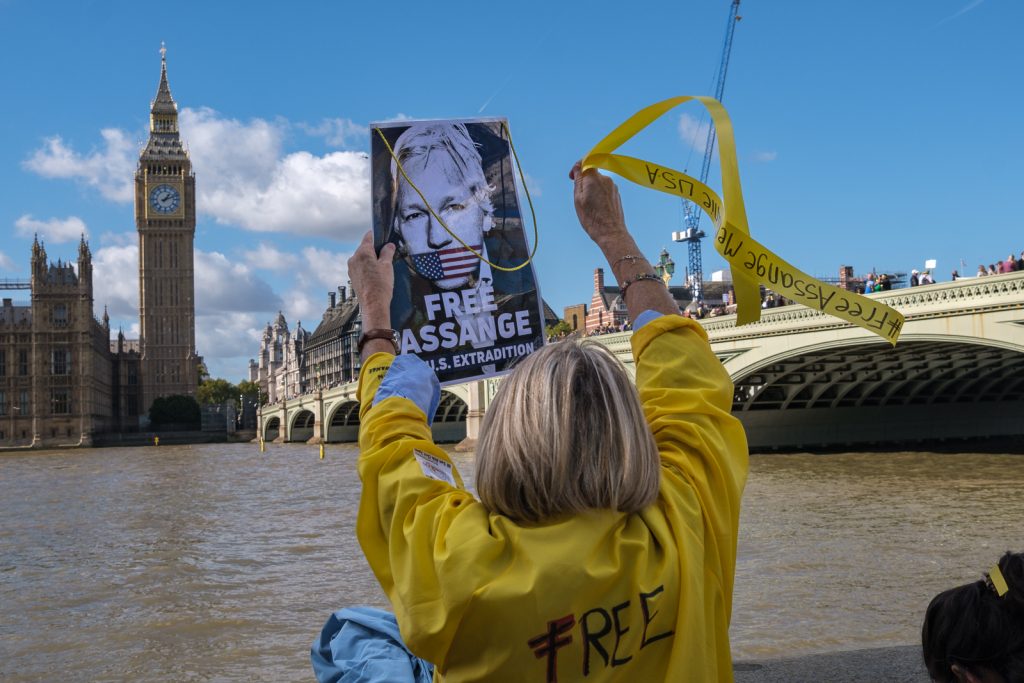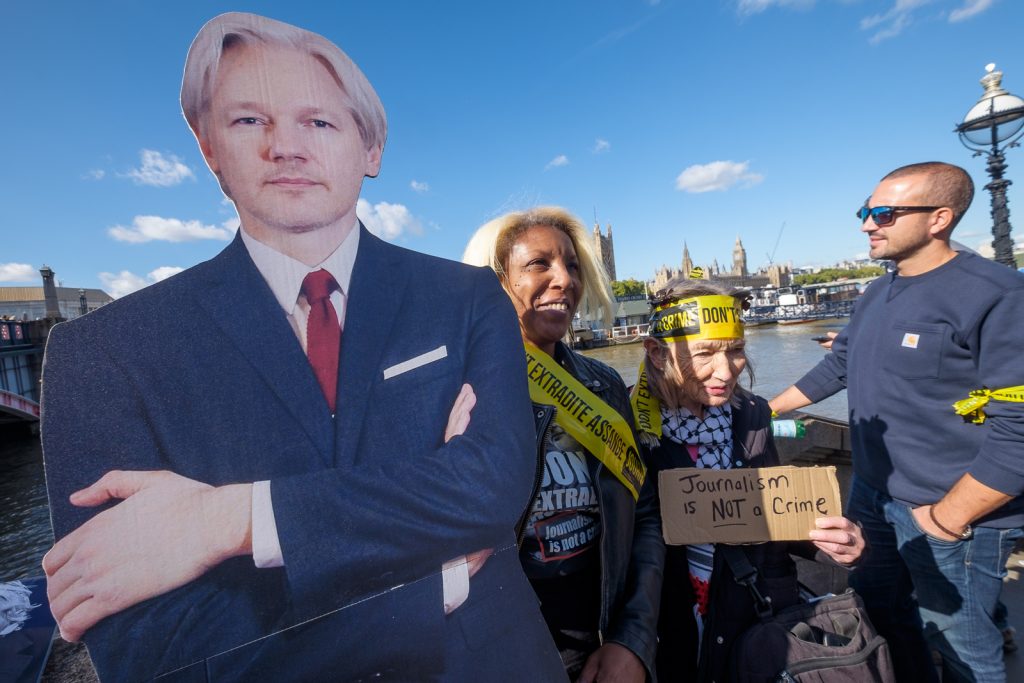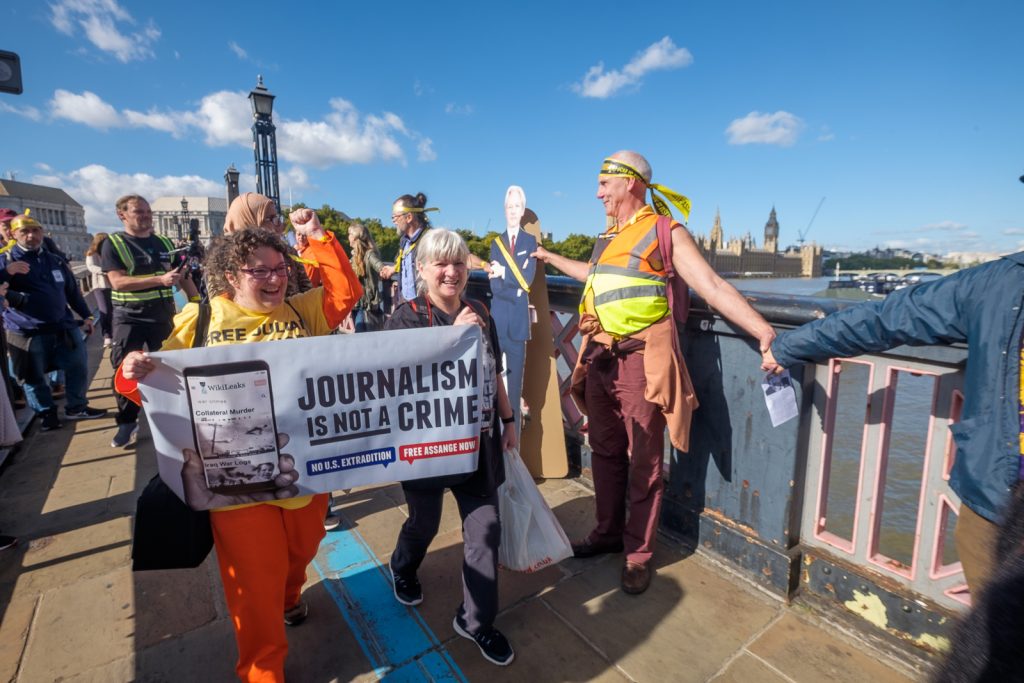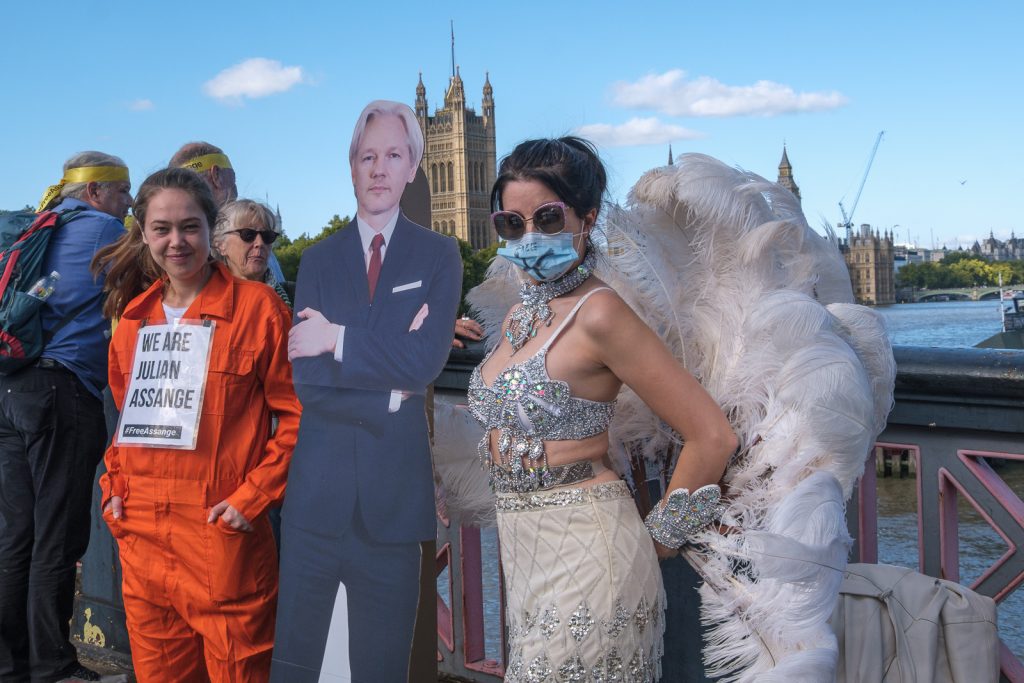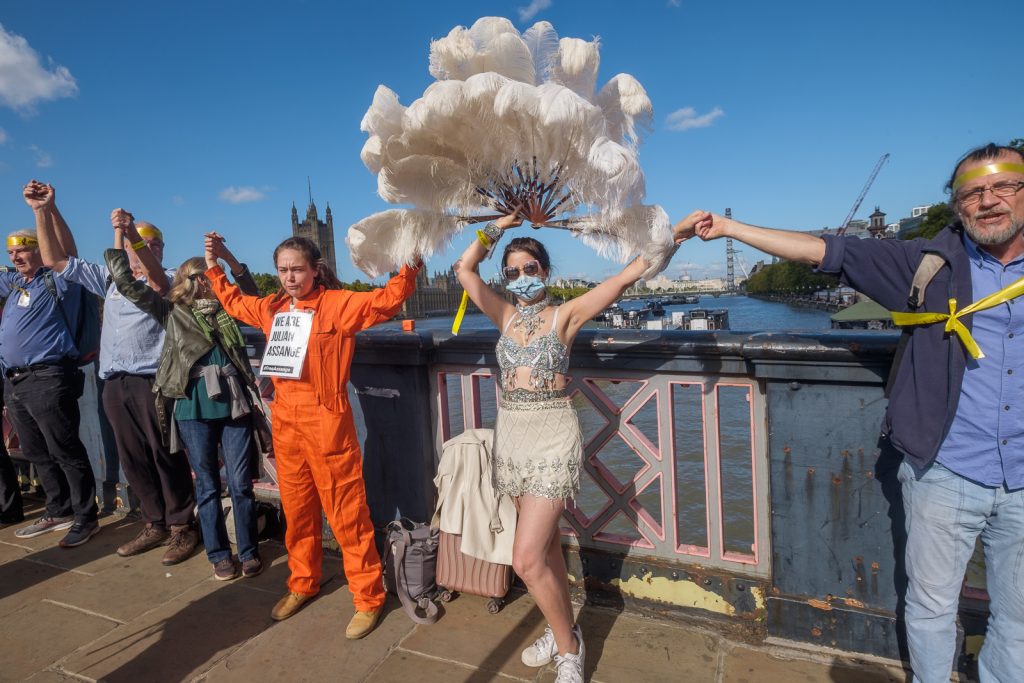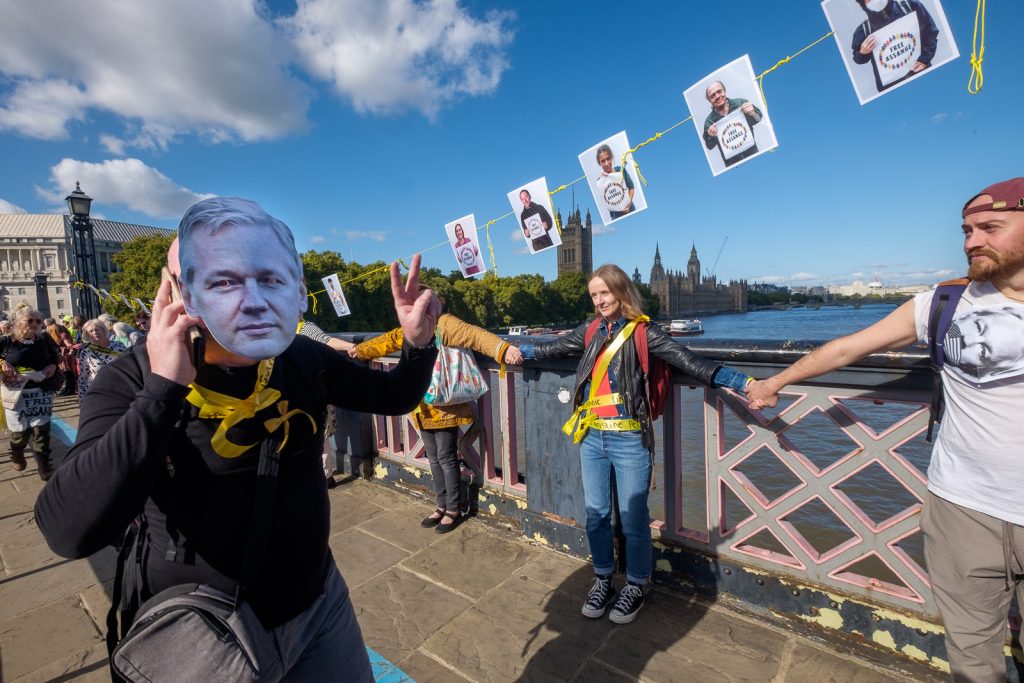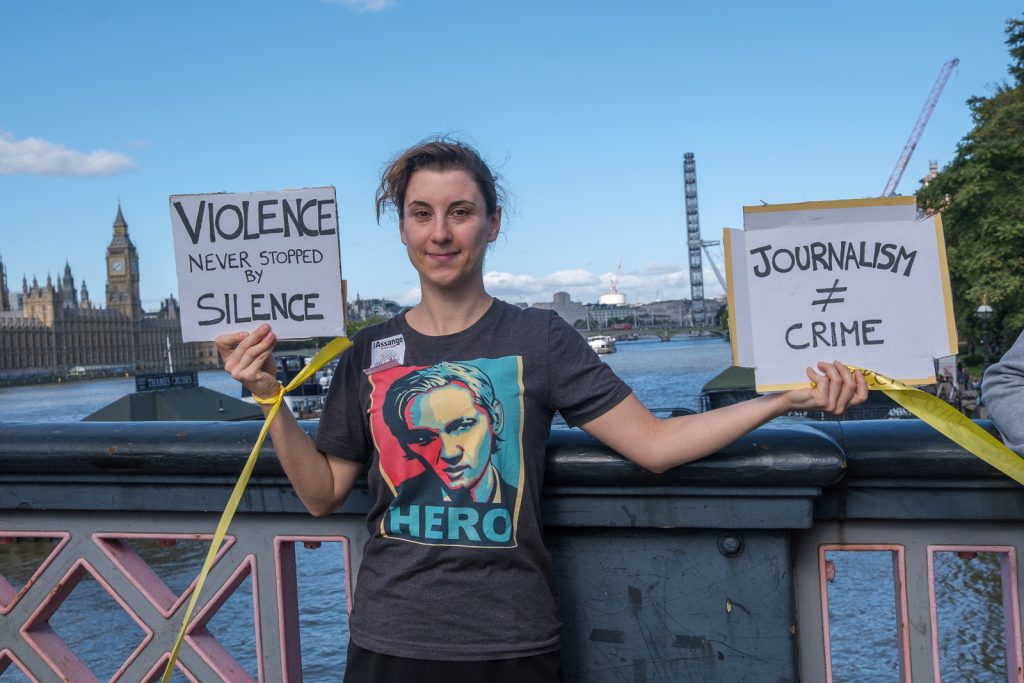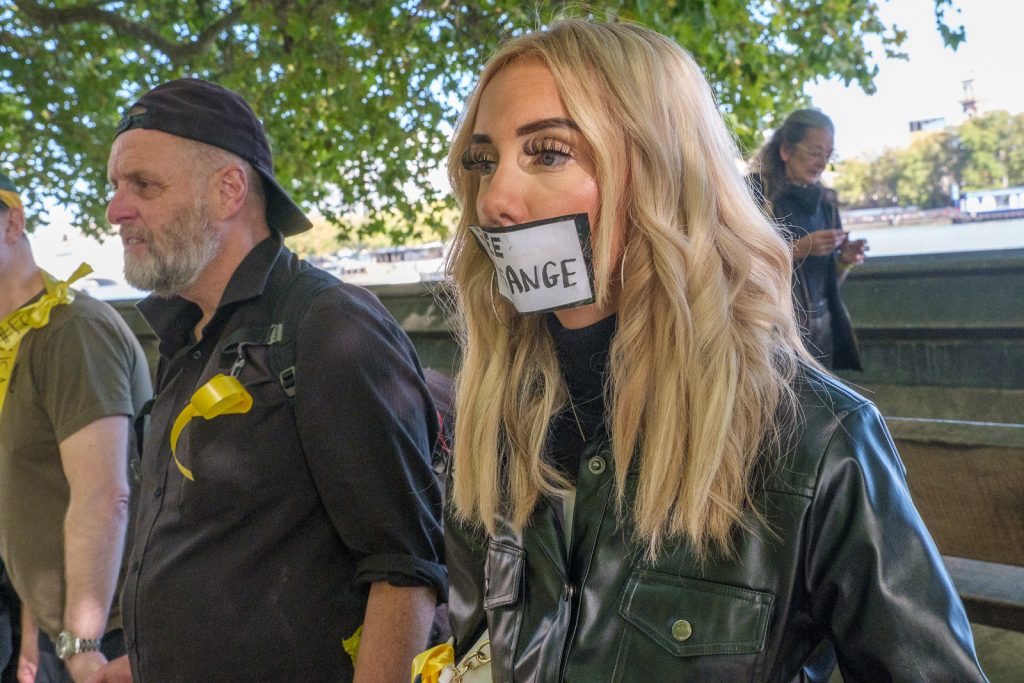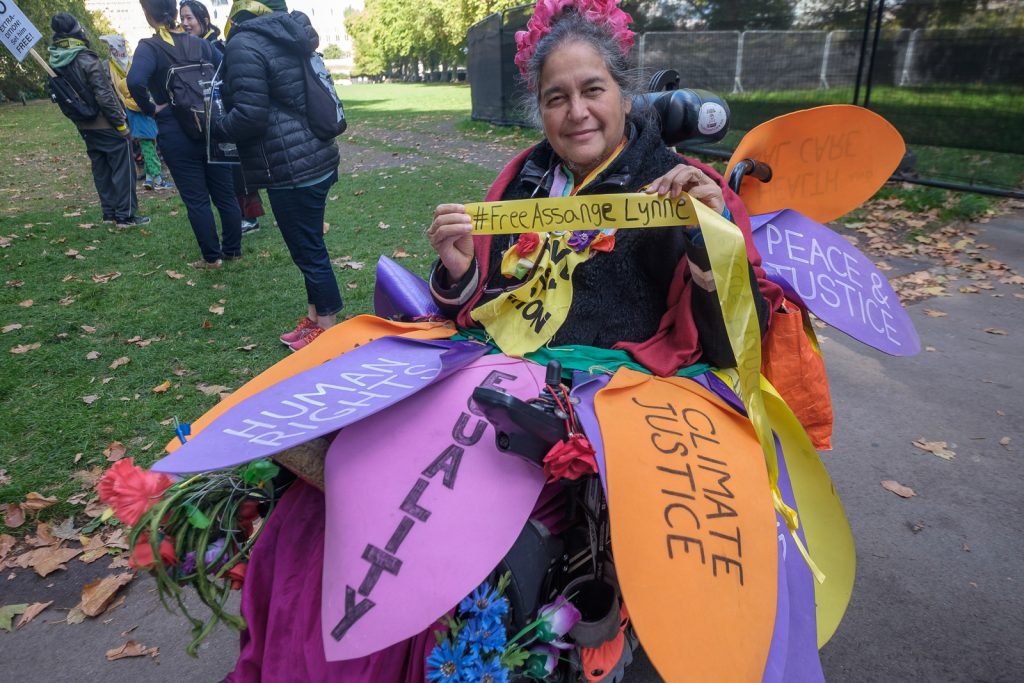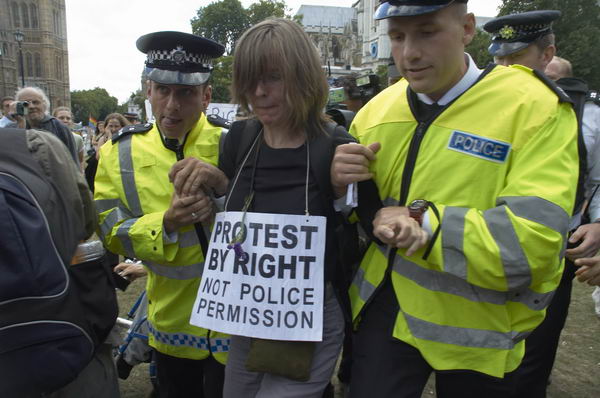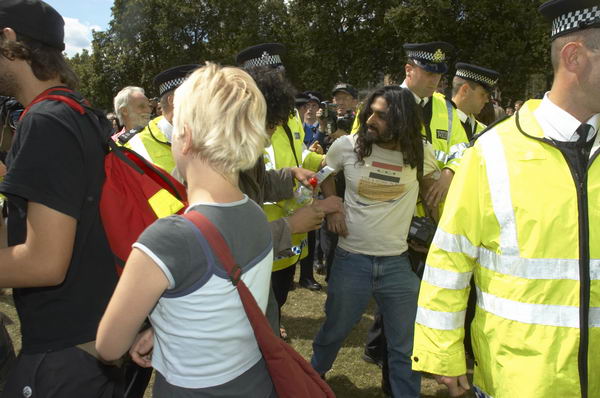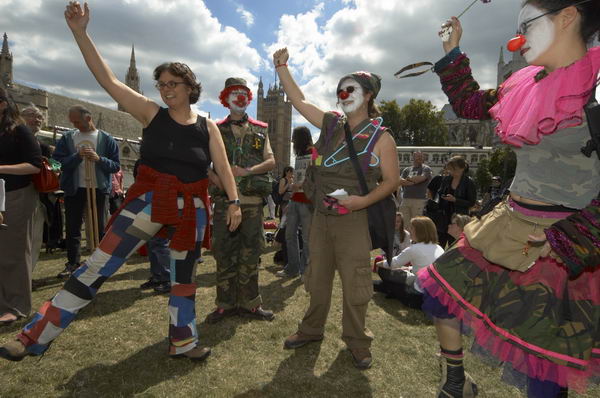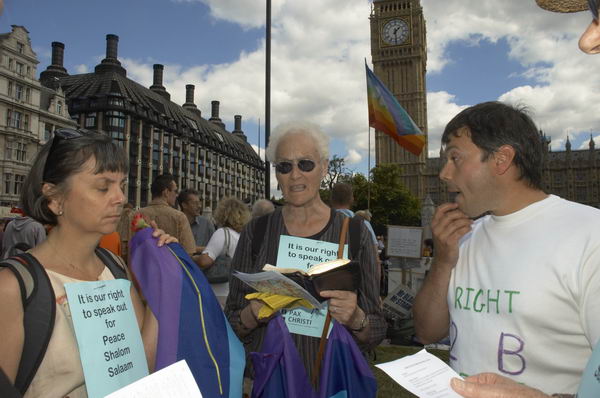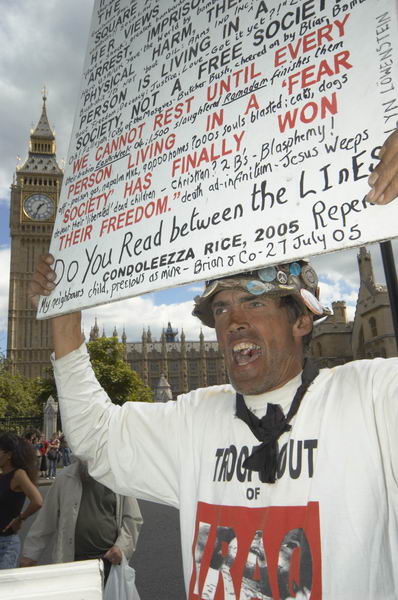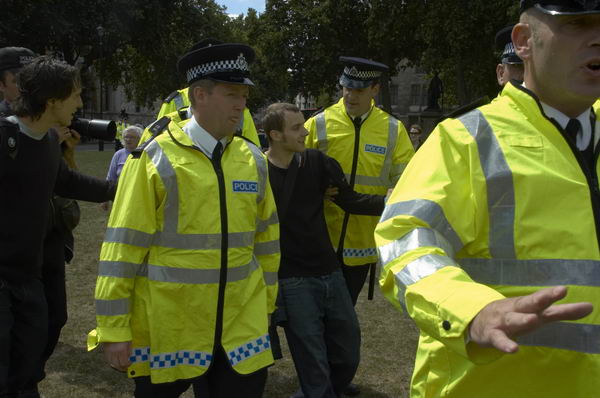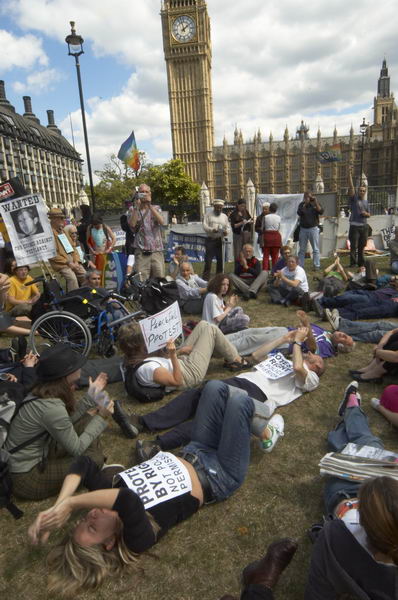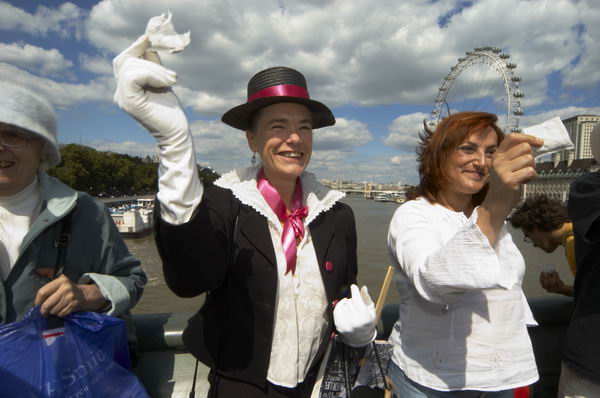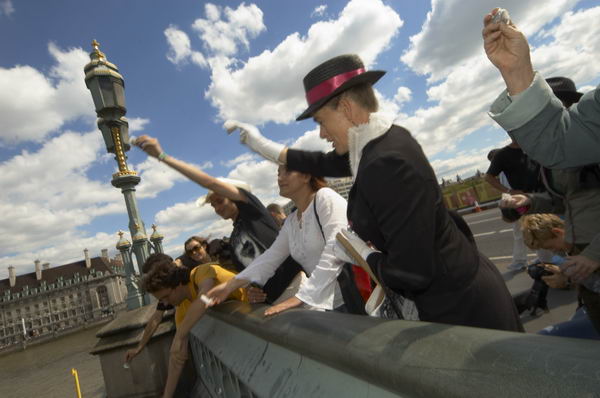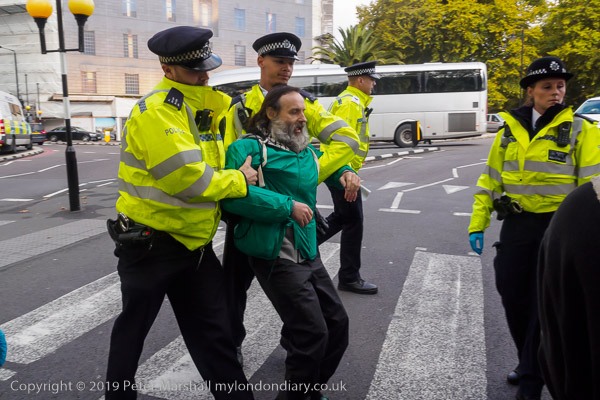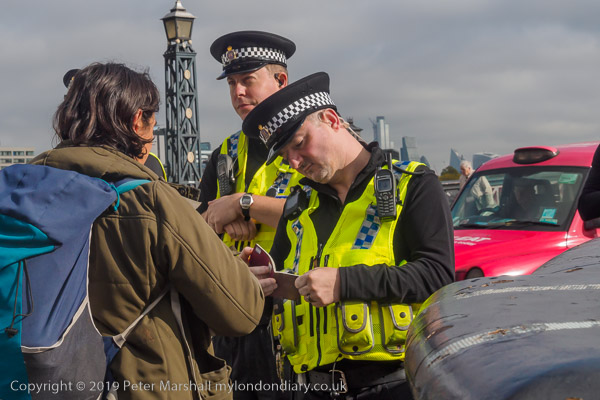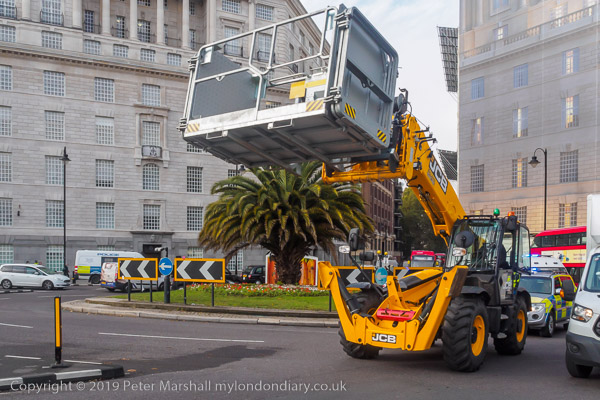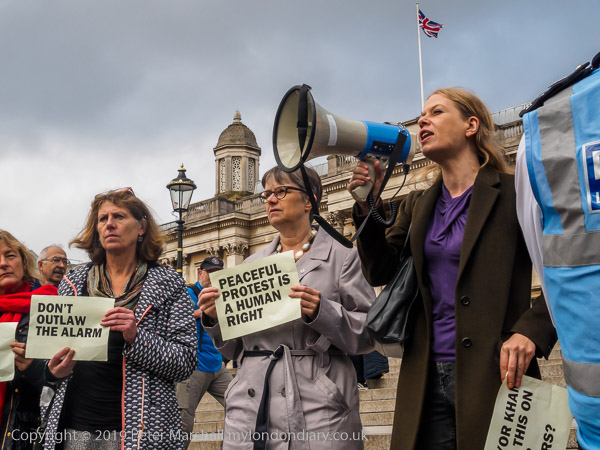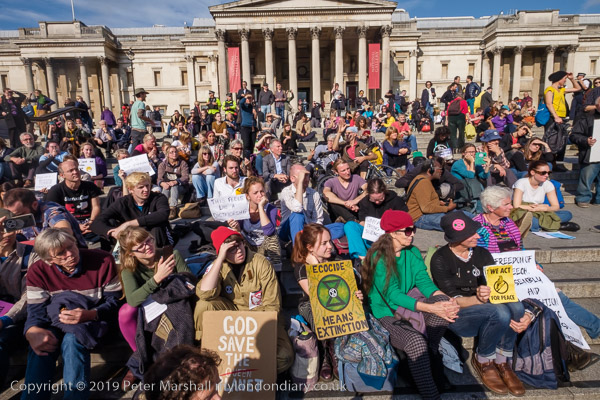Southall Black Sisters Protest Racist UKBA – Eaton House, Hounslow – Thu 24th Oct 2013
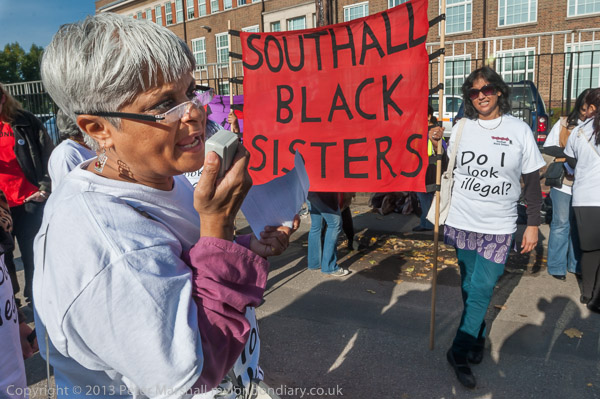
Although I grew up in Hounslow, ten miles west of the centre of London, I’ve not often returned there in recent years, and the protest organised by Southall Black Sisters outside the Hounslow Reporting Centre on Thursday 24th October 2013 was the only one I’ve so far photographed in the town.
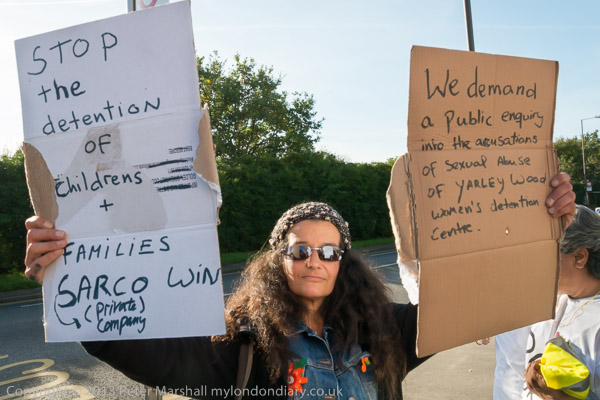
The UK Borders Agency reporting centre is at the western edge of the town, opposite Hounslow Heath where highwaymen once roamed and was the aerodrome from where the British Empire’s first scheduled daily international commercial flights took off in 1919. The large brick block once housed the UK laboratory and factory of US chemical manufacture Parke-Davis, once the world’s largest pharmaceutical company, now a subsidiary of Pfizer, who had set up a dyestuffs factory here before the first world war, though the Research and Administration building in front of which the protest was held only dates from 1954.
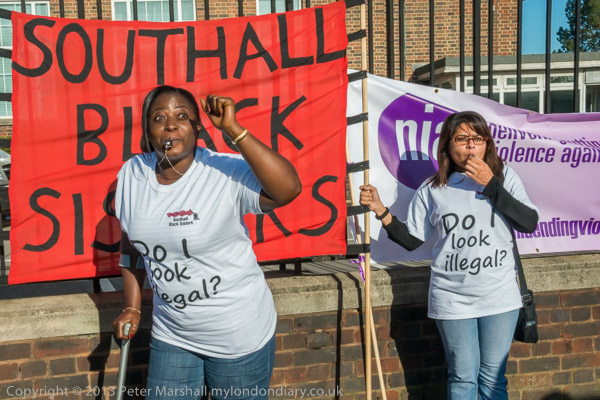
Southall Black Sisters (SBS) say that after the Refugee & Migrant Forum East London (RAMFEL) succeeded in its legal challenge over Theresa May’s Home Office advertising vans (which were also criticised by the Advertising Standards Authority) “the UKBA has shifted the ’Go Home’ message to reporting centres in Glasgow, Croydon and Hounslow.”
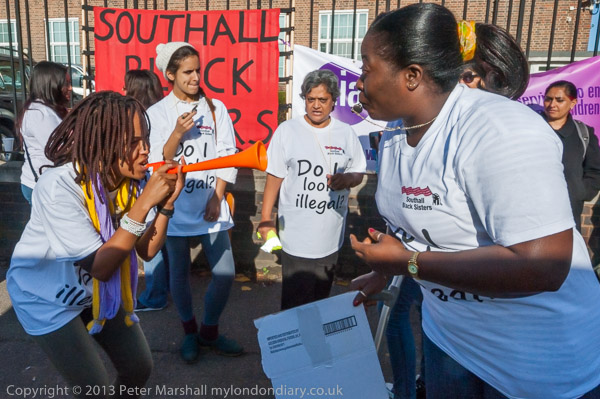
Their protest against the Government’s anti-immigration campaigns outside the Hounslow reporting centre stated “We will not tolerate underhand tactics used to instil fear and divide us. Let us return to the streets and make our voices heard. We need to fight for our rights.”
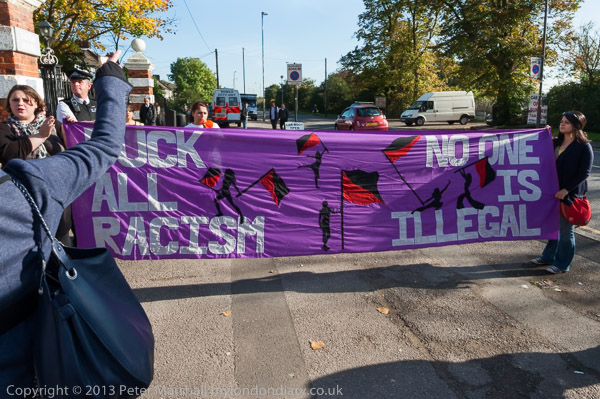
I joined the group of around 30 people, mainly SBS members, most wearing t-shirts with the message ‘Do I look illegal?’, but they were joined by others from Sol-Fed and other groups who had brought a large banner with the message ‘F**K ALL RACISM – NO ONE IS ILLEGAL’.
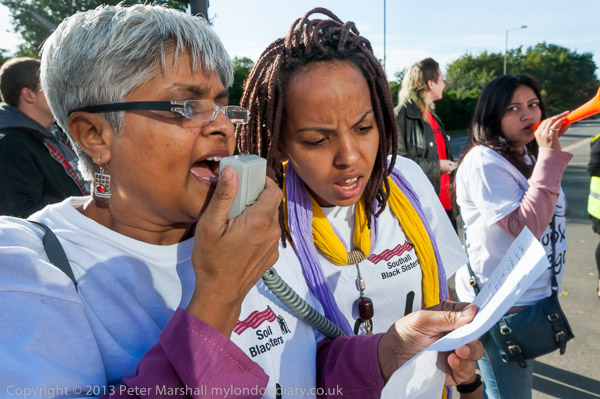
And no person is illegal, but those called it lack permission to be here, though many will in time be granted it. In France, such people are said to be ‘without papers’, but none of us in the UK needs papers to live here, so an appropriate but less biased term might be ‘without status’. The term ‘illegal immigrants’, a deliberately biased description of people who do not currently have a legal right to live in this country.

The protesters blew plastic horns and whistles and generally made a lot of noise, as well as shouting a number of chants including ‘Theresa May, drop the pretence, Go home vans cause offence’, ‘We are humans not illegal, We want justice for our people’ and ‘Money for jobs and education, Not for racist deportation.’
The protest was still continuing when I had to leave. You can see more about it on My London Diary at Southall Black Sisters Protest Racist UKBA.
3 Cosas Defy London University Protest Ban – Senate House, Thu 24th Oct 2013
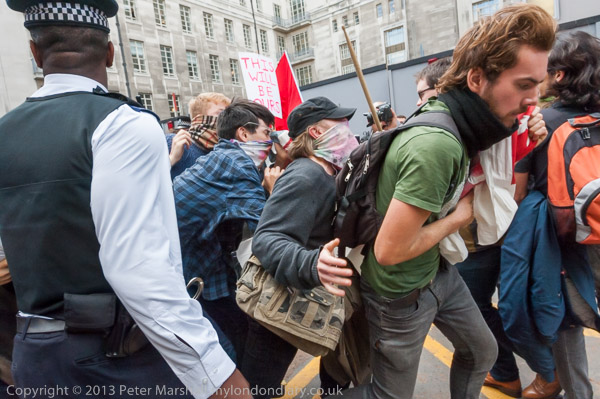
The ‘3 Cosas’ campaign is for sickpay, holidays and pensions for all workers at the University of London, where many low paid workers are outsourced to companies who employ them often in the legal minimum wage and conditions of service, and also often employ bullying managers to overwork staff. They often fail to provide proper safety equipment to do the job.
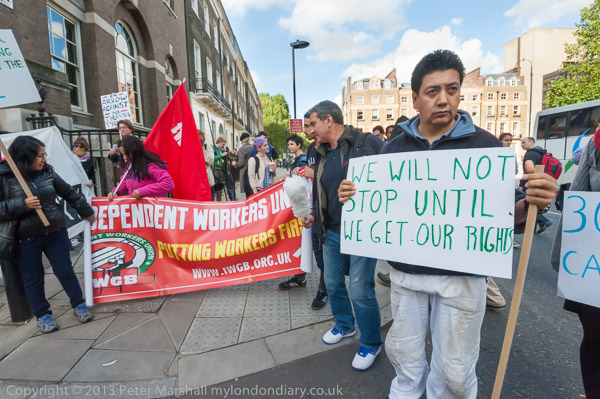
The workers, many of whom are Spanish speaking, have for some years been demanding they should be directly employed by the university where they work rather than these contracting companies, and there have by now been many long and successful campaigns to achieve this.
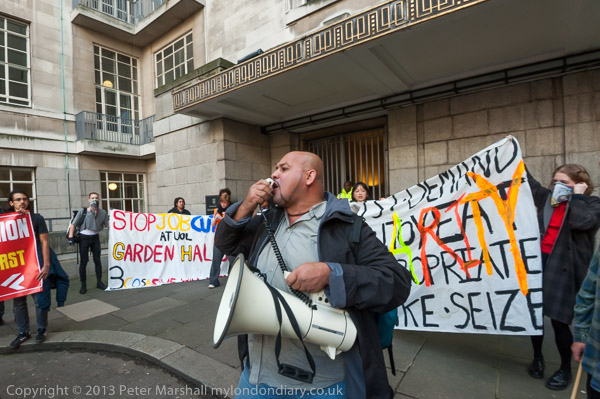
The University management in 2013 had responded to their campaign with a ban of protests in and around Senate House, and threatened to bring police onto campus to prevent further protests and to bring charges of trespass against any protesters. This was seen by workers and staff and students as an attempt to prevent free speech and freedom of assembly at the university similar to that of of authoritarian regimes overseas, rightly condemned across academia and the rest of society.
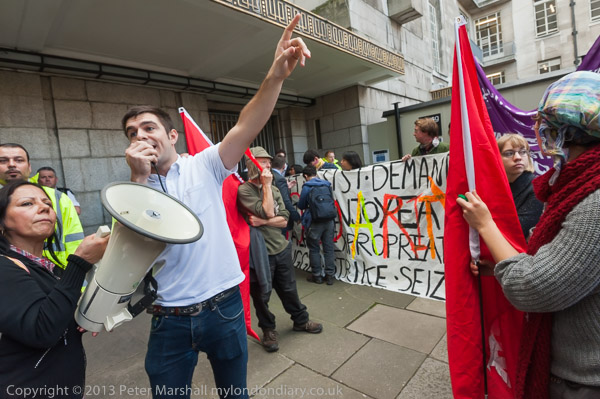
On Thursday 24th October, staff students, the IWGB (Independent Workers of Great Britain) trade union which represents many cleaners and other trade unionists defied University management ban of protests by holding a noisy protest in and around Senate House.
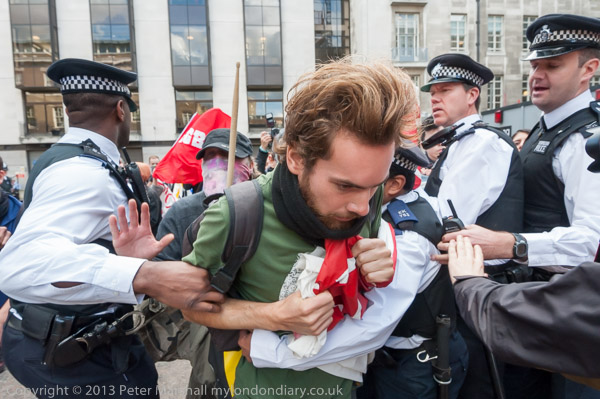
After protesting on the streets around the Senate House, some of the protesters walked in around another building while others scaled the gates to protest at the bottom of Senate House. Eventually police came and tried to stop them walking out. But there were too few of them to be effective. The protesters walked out and ended their protest in front of SOAS.
More on My London Diary at 3 Cosas Defy London Uni Protest Ban.
